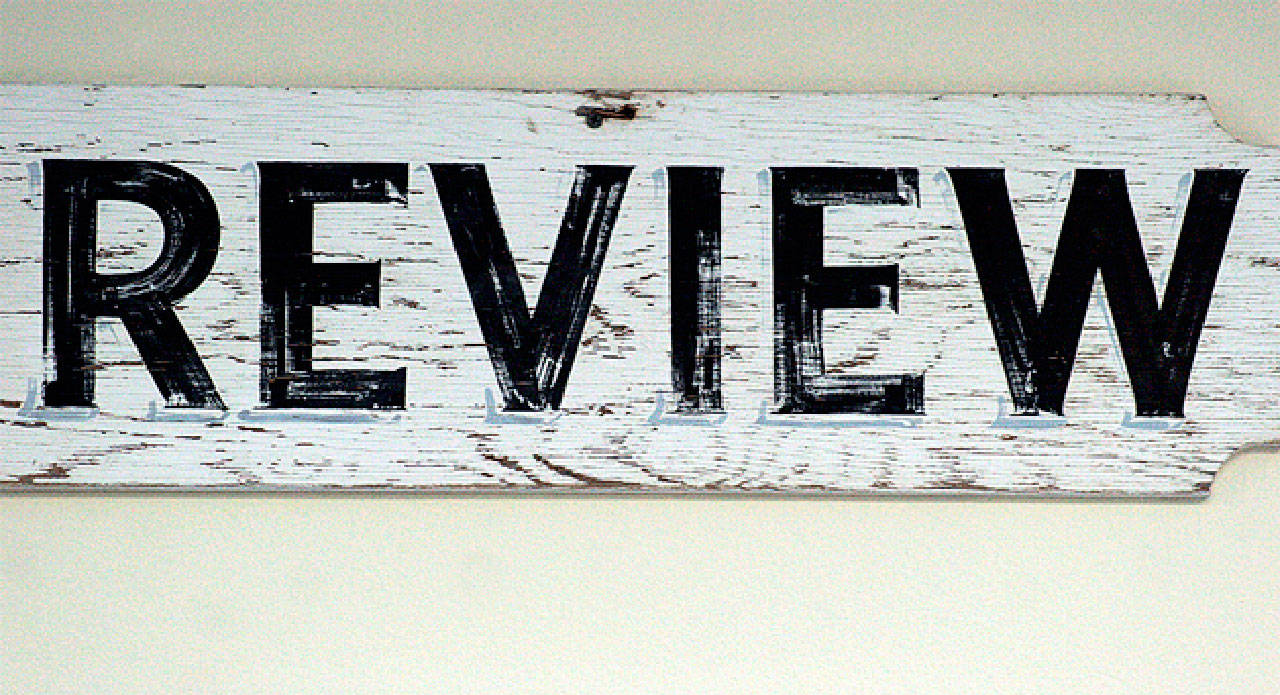It was worth a shot.
Earlier this year, The Seattle Times and public radio’s Northwest News Network, seeking some insights into this year’s all-important emphasis on public education funding and the state budget, asked key legislators to share their calendars and relevant emails with the news outlets and the public.
The requests for those records were made to each of the Legislature’s four corners: Democratic House Speaker Frank Chopp of Seattle, Senate Democratic Minority Leader Sharon Nelson of Maury Island, Republican Senate Majority Leader Mark Schoesler of Ritzville and Republican House Minority Leader Dan Kristiansen of Snohomish.
The common response from one legislative attorney, NWNews reported, was: “The Legislature does not have any public records that are responsive to your request.”
That’s not a lie, although there are presumably hundreds of such calendar entries and emails related to education funding and the budget. And those records could have provided the public a greater understanding of what lawmakers have discussed in terms of tax revenue, loopholes and budget cuts, what the sticking points are and where things stand.
But none of those calendars, emails or other correspondence are public records. Unlike public officials for cities, counties, school boards and even state agencies, members of the Legislature don’t have to comply with the state’s Public Records Act, which was created by citizen initiative in 1972. The records in lawmakers’ possession are not considered to be public, a definition that was in place before the Public Records Act became law. Legislators can release records voluntarily, but state law does not require it when a request is made.
Lawmakers have not been eager to forfeit the power to keep their communications under wraps.
Toby Nixon, a former Republican state representative and now president of the Washington Coalition for Open Government, told the Times that he once drafted a bill that would have ended the exemption and was in the process of filing it when he was told by a House attorney to withdraw it or risk losing his leadership position on a House committee.
Nixon withdrew the bill.
“I still think that the Legislature should have to live under the same rules as every other public employee,” he told the Times.
Some lawmakers have objected to the complications and costs involved in opening up legislative communications to the Public Records Act. But the House and Senate this year have passed bills to improve the records process, changes that should help local governments and state agencies fulfill requests and better compensate them for the costs in responding to requests.
Had lawmakers been required to respond to public records requests, they might have had a better idea of what local governments have faced and settled on solutions sooner than this year.
About a dozen other states, including Idaho and Oregon, do not exempt state legislators from their public records laws. One Idaho lawmaker was considering a bill that would have reversed Idaho’s law and blocked all legislators’ emails, texts and other communications from public disclosure. Ironically, a public records request shed light on his proposal, which didn’t make it out of committee.
Beyond simple fairness — making state lawmakers live with a law with which all other public officials are required to comply — opening up those records would better inform the public and result in better government and better legislation.
A look at lawmakers’ calendars would show who they are meeting with and where some of their information is coming from. Emails could reveal lawmakers’ thinking on potential or pending legislation, perhaps allowing the public an earlier opportunity to weigh in with their support or opposition and offer suggestions that could improve a bill.
In brief statements to the Times, both Sen. Chopp and Rep. Kristiansen said that after this year’s session they were willing to review how the Public Records Act applies to lawmakers. The reforms that legislators passed this year set the table for those discussions.
Open government advocates like to say that sunshine is the best disinfectant, but that sunlight also can help good ideas grow.
The Legislature needs that light for both purposes.



